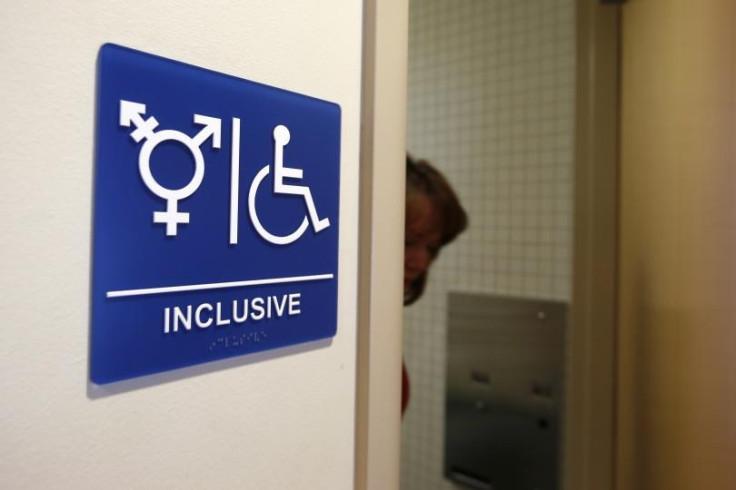American Civil Liberties Union sues North Carolina over transgender loo battle

The American Civil Liberties Union has filed a legal case to challenge a new North Carolina law that requires transgender people to use the public toilet that corresponds to their gender at birth. When the city of Charlotte passed a law earlier this year protecting the LGBT community from discrimination — and allowing transgender residents to use the restroom that corresponds to their chosen gender — the governor and state legislature panicked and quickly took action to protect "toilet rights."
They switched restroom requirements as they rewrote the state's "anti-discrimination" law to pointedly omit the LGBT community. That made it legal to discriminate against gays, lesbians, bisexuals and transgender citizens in businesses and events, and in hiring.
The ACLU lawsuit, which calls for an injunction to keep the law from being enforced, argues that North Carolina lawmakers are "explicitly writing discrimination against transgender people into state law." In addition, the suit argues that by requiring the plaintiffs in the court action to use restrooms that don't align with their gender identity, the state is violating their civil rights.
"We are asking the court to overturn House Bill 2 because it is unconstitutional because it violates the Equal Protection and due process clauses of the Fourteenth Amendment, because it discriminates on the basis of sex and sexual orientation, and because it is an invasion of privacy for transgender men and transgender women," Chris Brooks, legal director for the North Carolina ACLU, said at a press conference, reports NPR.
After signing the law, Governor Pat McCrory slammed Charlotte's ordinance as a "radical breach of trust" and declared that the new statute would "stop this breach of basic privacy and etiquette." The "basic expectation of privacy in the most personal of settings, a restroom or locker room, for each gender was violated by government overreach and intrusion by the mayor and city council of Charlotte," McCrory said.
There was no immediate response to the suit from state officials. Some out-of-state businesses had already begun to threaten a boycott if the law was not changed, and San Francisco has already barred any paid travel to the state for government workers as long as the statute stands.
© Copyright IBTimes 2024. All rights reserved.






